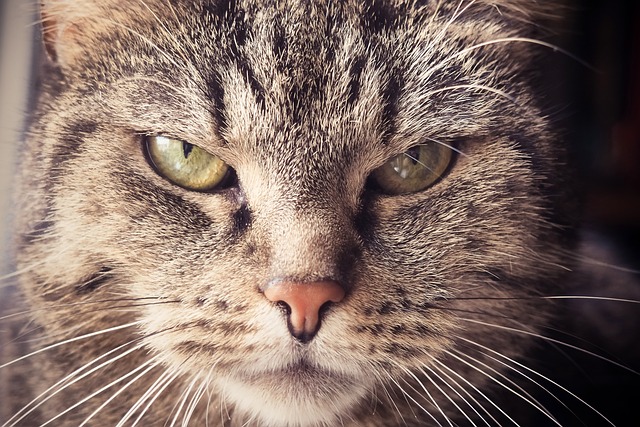Ensuring the well-being of a mother cat and her newborn kittens is of utmost importance in the postnatal period. This sensitive phase demands keen observation and prompt action in case of any health concerns or developmental milestones in the kittens.
Creating a Comfortable Environment
To begin, provide a warm, quiet space for the mother cat and her kittens, away from high-traffic areas. Vigilantly monitor their behavior and physical condition for any signs of distress, promptly seeking veterinary assistance if needed.
Veterinary Checkup
Around one week after birth, schedule a thorough checkup with the veterinarian for both the mother cat and her kittens. If the mother hasn’t been vaccinated, this is an opportune time. Additionally, consider treatment for roundworms to safeguard their health.
Care for Mother Cat and Kittens
The initial two to three weeks are crucial for their well-being. Allow the mother cat to dictate the level of interaction. While a familiar pet might welcome your presence, a rescued or fostered cat may prefer some distance. As long as the kittens are nursing and thriving, they’re likely on the right track.
Maintain a warm environment for them, especially since young kittens struggle to regulate their body temperature. Provide blankets, a heat source, or a heating pad to ensure their comfort.
Proper Feeding
Place the mother cat’s necessities nearby – her litter box, food, and water. Ensure she receives a high-quality canned kitten food supplemented with KMR (Kitten Milk Replacement) for essential nutrients.
Monitoring Developmental Milestones
In the first few days, kittens’ eyes will open, and their umbilical cords will detach. Some twitching during sleep is normal, indicating the maturation of their nervous system and muscles. By the second week, they’ll start exploring their surroundings and developing teeth.
For the first three weeks, the mother cat will attend to their waste elimination. In her absence, use a warm, damp cloth for the same purpose.
Health Concerns
Newborn kittens are susceptible to intestinal parasites, with other potential issues including infectious diseases and congenital conditions. Watch for signs of fading kitten syndrome, characterized by lethargy and excessive sleep in one kitten compared to its peers.
Postpartum Health
Following birth, a new mother cat experiences hormonal shifts, initiates milk production, and undergoes recovery. Be vigilant for severe conditions like mastitis (inflamed mammary glands), hypocalcemia (calcium deficiency), and uterine metritis (uterus infection). Swift veterinary attention is crucial in these cases.
In conclusion, the postnatal period is a critical phase for mother cats and their kittens. Your attentive care, along with timely veterinary assistance, will contribute significantly to their well-being and development.



